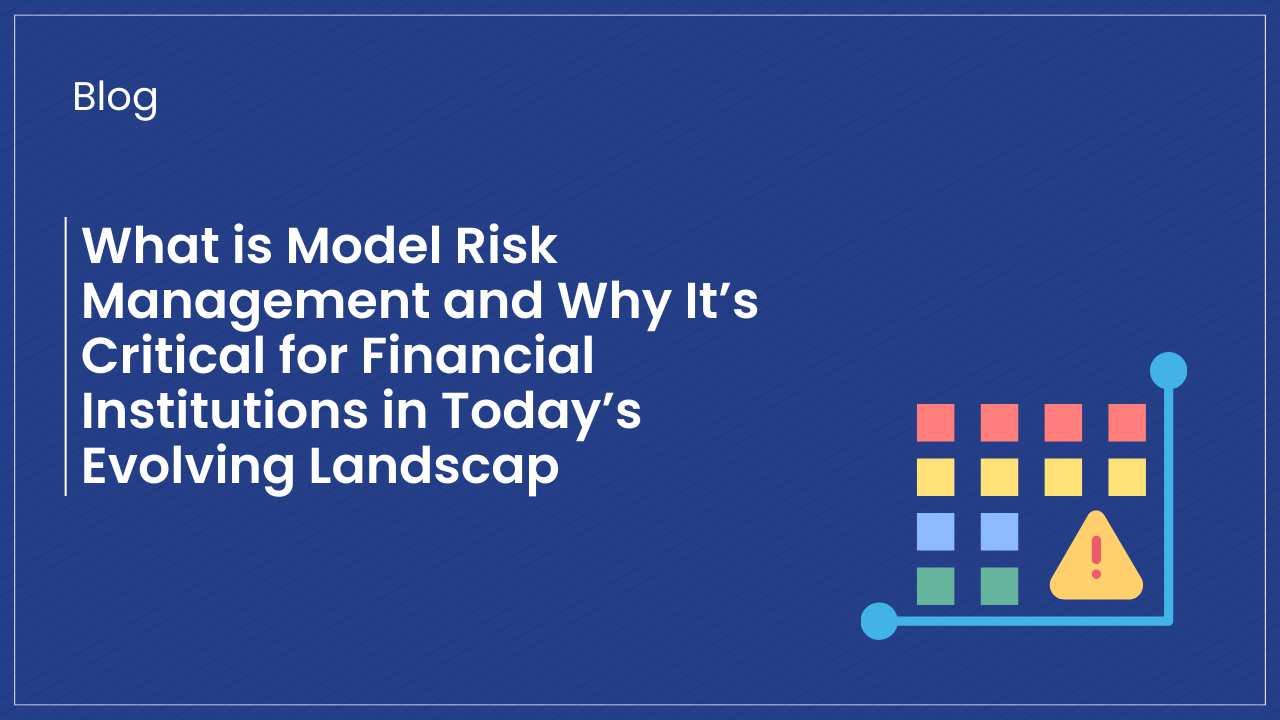In an era where financial transactions cross borders with the click of a button, the importance of stringent Anti-Money Laundering (AML) practices cannot be overstated.
While traditional sectors like banking and insurance have always been scrutinized closely, the emergence of newer segments in the financial services landscape, like FinTech and crypto trading platforms, has stirred global regulators to revisit traditional AML frameworks by either extending the existing regulatory guidelines or through the creation of supervisory bodies specifically to manage the nuances of the newer segments.
New-age crypto and fintech firms need to ensure they stay ahead of the curve, balancing growth with robust regulatory compliance. After all, the cost of non-compliance is always greater than the cost of non-compliance.
Global Crackdown on FinTech and Crypto Companies
A report by Yahoo Finance highlighted that global authorities have levied fines exceeding $5 billion on crypto and fintech companies over the past few years, demonstrating a concerted effort to address money laundering and financial crimes within the digital finance ecosystem. Such penalties serve as a stark reminder of the importance of compliance with evolving regulatory standards.
Introduction of New Regulations and Licensing Regimes
In a bid to regulate the burgeoning virtual asset market, Dubai launched a comprehensive virtual asset licensing regime, marking a significant step towards establishing a regulated environment for crypto currency transactions and related activities through the establishment of the Virtual Asset Regulatory Authority (VARA).
In Southeast Asia, governments and regulators are collaborating to curb money laundering. Indonesia’s financial regulator, Financial Services Authority (OJK) is teaming up with its counterparts from Singapore, Malaysia, and Dubai to come up with a holistic crypto regulatory framework which is expected to go-live in 2025.
On the other side of the world, the Financial Conduct Authority (FCA) is currently deliberating new rules to regulate the crypto firms operating in the UK. This initiative is hot on the tails of the European Union (EU) releasing a new AML package bringing Crypto Asset Service Providers (CASPs) under the ambit of existing AML regulations including stringent AML screening, KYC and EDD, and real-time reporting of suspicious transactions.
Series of Stricter AML Measures Globally
The recent actions taken by regulatory bodies across different jurisdictions highlight the increased scrutiny and enforcement actions within the fintech sector, particularly concerning compliance failures.
- In Jan 2023, Coinbase, a prominent cryptocurrency exchange, was fined $50 million by the New York Department of Financial Services due to significant compliance failures. The issues centered around the company's anti-money laundering (AML) and know your customer (KYC) procedures.
- Just a few months prior to that, Wise, a foreign exchange and cross-border remittance provider, was fined $360,000 by the Abu Dhabi Global Market (ADGM) Financial Services Regulatory Authority for breach of AML-KYC norms. This was not an isolated incident either.
- A few months later, the ADGM imposed a fine of $486,000 on another fintech company Pyypl for failures in its anti-money laundering controls and policies.
- In Germany, around the same time, the financial regulatory authority, BAFIN, imposed a fine of €6.5 million on the fintech company Solaris SE for the late filing of Suspicious Transaction Reports (STRs).
- Contis, a subsidiary of Solaris, was also fined €840,000 by the Bank of Lithuania for stark deficiencies in its AML/CTF regimen.
- In India, an emerging FinTech powerhouse, the regulatory bodies have been strictly monitoring FinTech and cryptocurrency. Towards the twilight of 2023, the Financial Intelligence Unit (FIU) of India ban URLs of nine cryptocurrency exchanges, including major platforms like Binance, for non-compliance with anti-money laundering laws.
- And in Feb 2024, the apex monetary authority, the Reserve Bank of India (RBI), stopped operations of Paytm Payments Bank, a subsidiary of the global Payment giant, Paytm, in a move that shocked the financial ecosystem.
The Challenge at Hand
These fines serve as a reminder to the fintech industry of the crucial need for effective compliance measures. Regulatory bodies worldwide are demonstrating a clear focus on preventing financial crimes through stringent enforcement of AML/CTF regulations, emphasizing the necessity for fintech companies to invest in and prioritize their compliance frameworks.
Introducing SAMS™: Your one-stop AML Platform
Solytics Partners proudly presents SAMS™ (Integrated AML Name Screening Solution), a cutting-edge platform designed to address these very challenges. SAMS™ offers a real-time, customizable solution for screening customers against Sanctions and Watchlists, PEP (Politically Exposed Persons) databases, and targeted Adverse Media coverage. Leveraging advanced Machine Learning (ML) algorithms, SAMS™ significantly reduces false positives, allowing for a more tailored approach to customer risk assessment.

How SAMS™ Can Help
1. Comprehensive and Customizable Screening:
With multiple rule engines included at no extra cost, SAMS™ allows for fine-tuning across different business verticals, products, and teams. This ensures that screening processes are not only thorough but also adapted to the specific needs of your business.
2. Real-Time Database and Analytical Engine:
The heart of SAMS™ lies in its ability to combine an exhaustive, real-time updated database with a powerful analytical engine. This ensures that your institution fetches the most relevant results, significantly reducing the risk of overlooking critical risk factors.
3. A Unified Solution:
From Sanctions and PEP Screening to Adverse Media Screening and Customer Risk Rating, SAMS™ provides a holistic approach to AML compliance. Automated, real-time ongoing monitoring means that once set up and calibrated, your compliance processes run smoothly without the need for constant manual intervention.
Conclusion
In a world where the cost of non-compliance can spell disaster for financial institutions, SAMS™ stands out as a beacon of reliability, offering peace of mind and the assurance that your institution remains on the right side of regulatory expectations.


_1.png)

.png)
.png)
.svg)


